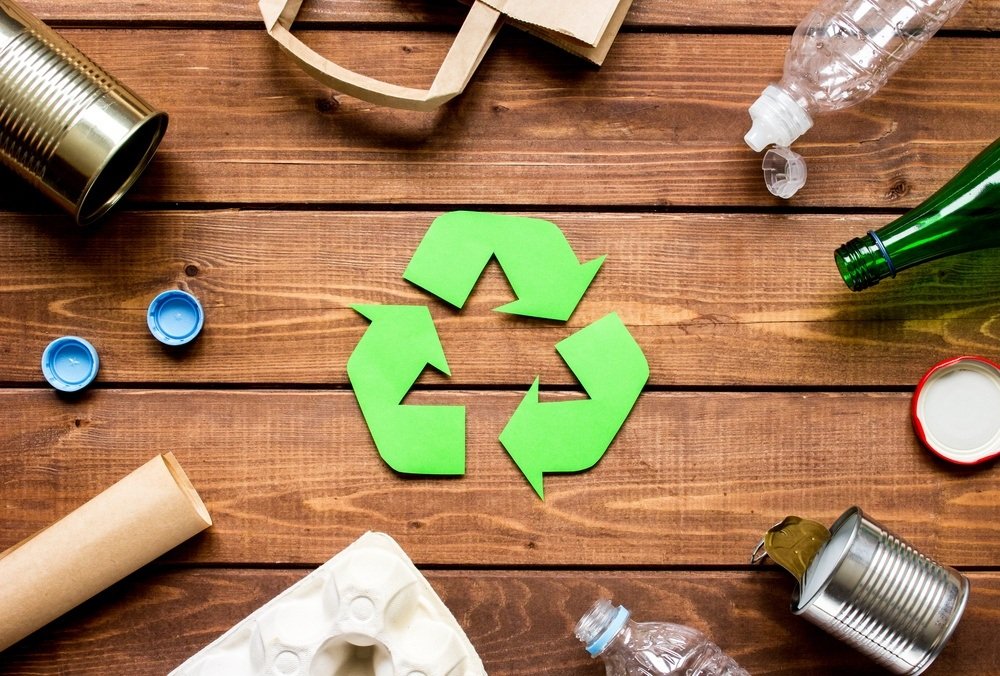Eco-Friendly Facts: Does Recycling “Save” Energy?
It’s no secret that recycling offers a wealth of benefits for the planet, as well as the economy.
Some of the obvious benefits include a reduction in the consumption of natural resources, improves water and air quality, produces jobs, and so much more. But there’s another benefit that recycling provides that you might not be aware of: it helps conserve energy.
How Recycling Conserves Energy
Plastic, paper, metal, glass, and various other materials are made by extracting natural materials from the environment and processing. A lot of energy needs to be expended in order to do this. Recycling those materials so they can be used again can significantly cut this expenditure of energy, which translates to a big win for the environment.
How Much Energy Does Recycling Save?
That’s a difficult question to answer, as it really depends on the type of material that’s being recycled, what it’s being turned in to, and how much recycled material is being used.
For example, while reusing glass can certainly help to reduce energy consumption, it still has to be melted in order to turn it into new glass. Since melting glass is so energy-intensive, a good bit of energy is still needed in order to reuse it. With that being said, however, that doesn’t mean that recycling glass doesn’t conserve energy; it does—just not as much as other materials, like paper.

According to a report issued by Stanford University, recycling one ton of office paper can conserve more than 4,000 Kwh of energy and save an estimated 17 trees. Recycling one ton of plastic can conserve more than 5,770 Kwh of energy and 16.3 gallons of oil. Those are pretty impressive numbers!
Why Conserving Energy is Important
Why is reducing our energy consumption so important? First and foremost, it helps to protect the environment, which is in a pretty sad state of affairs. The more natural resources we use, the less we have available—think trees, oil, ore, and so on.
Plus, extracting these resources causes grave consequences on the planet. It disrupts land and ecosystems and damages depletes our ozone layer. On top of that, turning extracted raw resources into usable products requires the use of a tremendous amount of fossil fuels. The more fossil fuels are burned, the worse our air quality becomes.
Other Benefits of Conserving Energy
In addition to saving the environment, reducing energy use provides another of other significant benefits.
The less energy that’s used, the lower the electricity bills will be and the less maintenance will be required for products that run on electricity. It can also be beneficial from a socio-economic standpoint. Regions that use more energy tend to have better economies. Therefore, conserving energy can allow other areas to have access to more energy, and thus improve their socio-economic status.
Given the benefits that recycling and conserving energy can have on the environment, and people as a whole, it’s easy to see why both should be a top priority of people around the globe. The next time you’re thinking about tossing an aluminum can or a stack of papers in the garbage, think again—recycling these materials can really make a huge difference!


